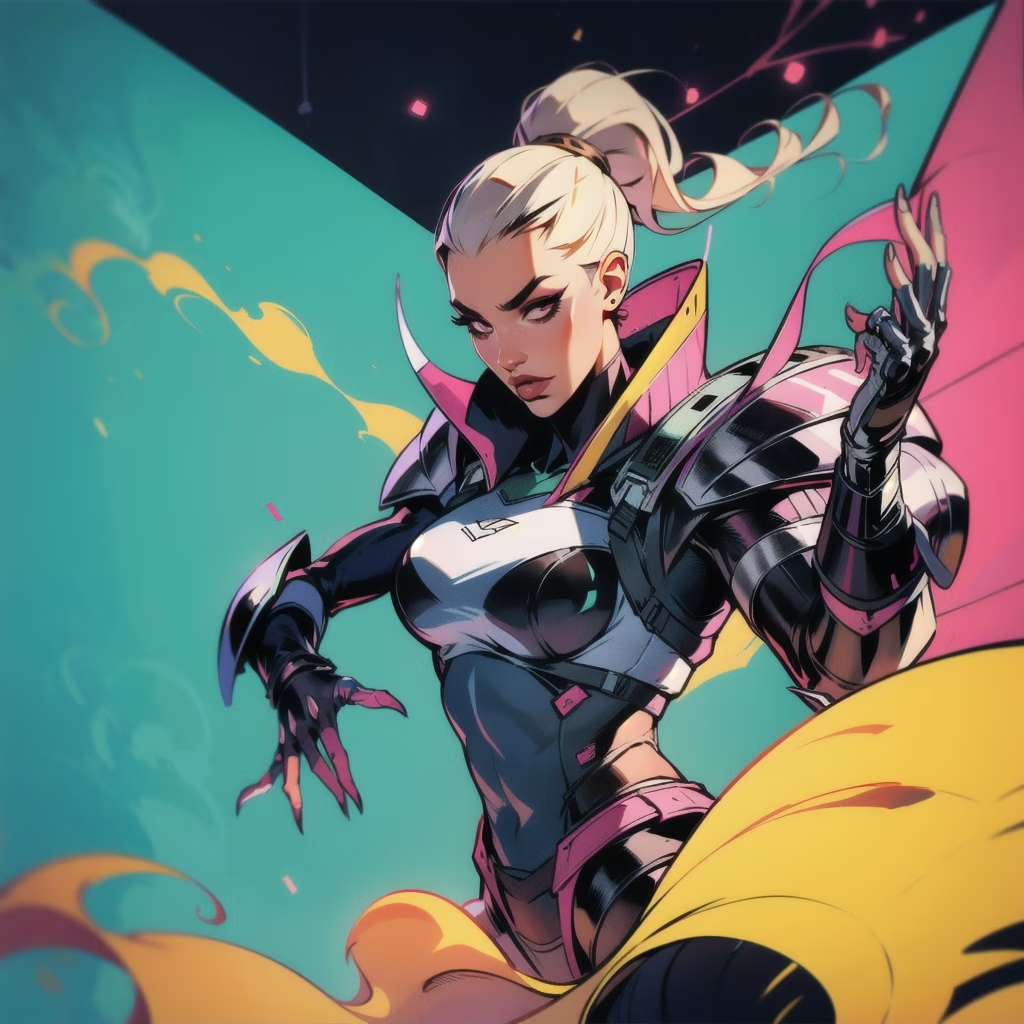Hades and the Symphony of Shadows
Hades triumphs at the BAFTA awards, redefined the roguelike genre, and symbolized personal struggles and victories for gamers everywhere.
I remember the night the BAFTA awards unfolded like a parchment scroll, its golden ink etching Hades into the annals of gaming history. The Underworld’s rogue-like symphony had danced through my veins for months, its procedurally generated chambers mirroring the labyrinth of my own restless heart. When Supergiant’s creation ascended the podium, I felt Charon’s oar stirring in my chest—a rhythmic pride for this indie gem that fought titans like Ghost of Tsushima and The Last of Us Part II, emerging not as an underdog but as a crowned prince of shadows.

The Pantheon of Victory
Hades’ quadruple triumph—Best Game, Artistic Achievement, Game Design, and Performer in a Supporting Role (Logan Cunningham’s chameleonic vocals)—felt like watching a celestial clockwork. Each award clicked into place like the gears of Daedalus’ workshop. The game’s combat, fluid as mercury slipping through fingers, had redefined my understanding of repetition: not as monotony, but as the heartbeat of myth itself.
Yet, the evening wasn’t devoid of bittersweet notes. The Last of Us Part II, a wounded colossus with three awards, reminded me of Atlas shouldering fragmented accolades—its animation and performances surgical in their emotional precision. Ghost of Tsushima’s Audio Achievement award hung in the air like wind chimes in a samurai’s courtyard, every sword clash composing haikus of steel.
Personal Musings
As someone who’d spent hours cultivating virtual pumpkins in Animal Crossing’s tranquil purgatory, its Family Game award felt like receiving a letter from a forgotten childhood friend. But Hades... ah, Hades was different. It wasn’t just a game; it was Orpheus’ lyre restrung with dopamine receptors. Each failed escape attempt left me not with frustration, but with the quiet satisfaction of Sisyphus finally glimpsing meaning in his stone.
The Unspoken Alchemy
What makes Hades’ victory extraordinary isn’t merely its defiance of AAA goliaths—it’s how it turned the roguelike genre into a Persephone’s garden, where death blossomed into narrative. The way Zagreus’ blood-stained footsteps echoed my own struggles made me realize: we aren’t players, but fellow shades being sculpted by the game’s Stygian hands.
FAQs
🔮 Why did Hades resonate so deeply?
It transformed failure into a love letter—each death a stanza in an epic poem about persistence.
🗡️ How does it compare to Ghost of Tsushima’s elegance?
If Ghost is a katana cutting through moonlight, Hades is a kaleidoscopic dagger dancing in Hades’ ribcage.
🎭 What about The Last of Us Part II’s controversial wins?
Its awards are like Shakespearean tragedies—divisive yet undeniable in their craftsmanship.
Final Reverie
As the digital confetti settled, I realized these games weren’t competitors but constellations in the same sky. Hades’ victory burns like a black flame—a reminder that even in gaming’s Elysium, the brightest stars often emerge from the darkest realms.
Metaphors woven through this tapestry:
-
Hades’ narrative structure as a spider lily blooming in reverse**
-
The awards ceremony as three Fates knitting with controller cables**
-
Indie vs AAA rivalry resembling a hummingbird dueling a thunderstorm**